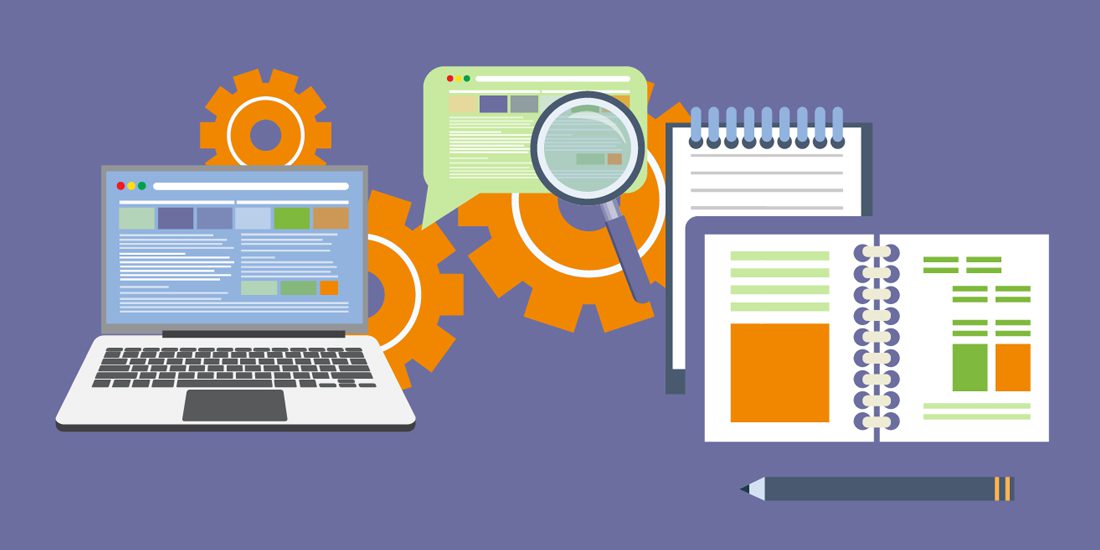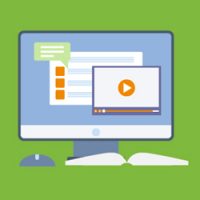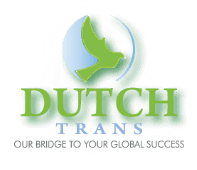
How To Translate Dutch To English Top Machine Translation
07 Nov How To Translate Dutch To English Top Machine Translation
Translating Dutch to English effectively involves leveraging both modern technology and linguistic expertise. Dutch, a West Germanic language and the official language of several European countries, shares a Germanic root with English, making machine translation a useful tool for basic translation tasks. Using a Dutch translator tool or a Dutch-English dictionary, powered by artificial intelligence, can provide quick translations for individual words or short phrases.
However, for document translation, especially for international organizations or official communications, professional English translation services are recommended to ensure accuracy and cultural relevance. The history and regional variations of Dutch, from the 15th-century origins to the West Flemish dialect, can pose challenges that standard machine translations might not adequately address. Therefore, combining machine translation with human expertise can achieve the best results. Dutch courses and educational resources can also aid in understanding the nuances of the language, helping English speakers to translate Dutch accurately.
When it comes to technology, the world is divided between boomers who despise it and millennials who rely on it for almost everything. Most of our elders hate technology. They never let go of a chance to tell us how badly screens can affect our eye sight. They also frequently mention that modern devices and social media platforms are turning youngsters rude and disobedient. If they could, they would blame all the world’s problems on the internet. But even if they haven’t, there are plenty of memes to show us how that would go if they had. No one can deny the various benefits of modern technology and how easier it has made our lives. But if we look at things from a distance, we can begin to see its flaws too.
It is true that paying bills from your phone is a lot easier than standing in a queue at the bank, but it is also true that when you are driving, looking away from the road to check your phone can put you and others around you in danger. There is also the fact that we have gotten so used to spending time in front of our computers that we have completely given up on physical activity. Even when we get done from work and go home, our idea of having fun is to turn off the TV and binge a show on Netflix. Our whole routine revolves around screens and our ideas of fun also have something to do with them. So, when we start experiencing back problems in our thirties, who can we blame but ourselves?
Can Machines Do Everything?
The question of whether machines can do everything, especially in the realm of translation, is particularly relevant when examining the Dutch language, a West Germanic language closely related to English and other Germanic languages. While artificial intelligence and machine translation tools, such as Dutch translator tools and Dutch-English dictionaries, have advanced significantly, providing quick and often accurate translations, there are nuances that machines still struggle to capture.
Professional translations, especially for documents and official communications, require the expertise of native speakers and professional translators who understand the cultural and contextual subtleties. This is crucial for accurate translation, as seen with Dutch, which has a rich history dating back to the 15th and 16th centuries and is the primary language in several European countries. While AI can assist in translation tasks, the role of human translation remains vital in ensuring precision and cultural relevance, particularly in complex or sensitive texts. Machines may handle basic and routine translations, but the human touch is indispensable for delivering high-quality, nuanced translations that resonate with native speakers and meet the standards required by international organizations and professional education systems.
It is impossible to make the younger generations understand how technology, something they have come to trust and rely on, can just as easily harm them. Nothing helps students more than the internet these days when they are working on an assignment because the digital world is full of useful information. But that’s not the only thing that can be found online. People can also stumble upon harmful information online and in the wrong hands, it can prove to be pretty dangerous. This is why regulating the use of the internet is so important, but governments confuse regulating internet with shutting down websites that people only go to for entertainment. Regulating the use of internet would mean not relying on it as much as we do now.

The question about the usefulness of technology may not get answered any time soon but when it comes to particular field, we can decide who is the better option between a machine and a human. For instance, a machine is better at calculating mathematical equation in remarkable time but it can’t teach mathematics to a bunch of students. So, in some aspects, machines are better than us but they can’t do everything. The best course of action for us is to take help from them whenever we need it and then use our own abilities to get the best possible results.
How to Translate Dutch to English Top Machine Translation Against Human Translator?
Translation is one of the most useful way of communication when two people do not understand each other’s language. But when people are dealing with translation for the first time and they don’t know who to turn to for a foreign language, they experiment with all kinds of options. In recent years, machine translation has become pretty common. But even after all this time, it hasn’t become accurate. If you have ever clicked the translate option under a tweet, you know all about the accuracy of machine interpretation.

Dutch to English is an interesting combination. The two are from the same language sub group and share an ancestor. Therefore, there a few similarities between the two tongues that make it a bit easier for Dutch speakers to learn English. However, when someone requires Dutch to English translation, they will need an expert for the task. The similarities between the two doesn’t make the process of interpretation any easier.
Machine translations have gotten better in the past couple of years. Today, there are different types of it and the ones that uses human methods of translation is a lot better in accuracy than the other types. That has made people think that maybe machine translation can overtake human interpreters.
But in truth, even the top machine translation cannot be better than the work of a human translator. The latter utilizes their personal experiences with the language they are translating to get a better understanding of the document they have to work on. They have spent years listening to and talking in that vernacular so they know all its hidden meanings. The best machine translation may be quite close to being accurate but it cannot reach a hundred percent accuracy rate.
Dutch music artists have made significant contributions to various genres, including Belgian house music, which is popular in the major cities and city centres of the Netherlands and Belgium. Historically, the Netherlands, once part of the Seventeen Provinces, has a rich cultural heritage that extends to its modern education system, offering polytechnic degrees, low-level vocational degrees, middle-level applied education, and even doctoral degree programmes. This form of education is designed to cater to a wide range of students, including those studying to become country pop singers or professionals in other fields.
Since the 19th century, Dutch courses have been available in the United States and other countries, reflecting the influence of the Dutch people and their language, which belongs to the West Germanic branch of the Indo-European language family. The standard language has a Germanic root, but there are also many regional languages and dialects within the Dutch provinces. As the primary country for the Dutch language, the Netherlands plays a crucial role in international organisations and document translation services. The Dutch dictionary, which has evolved since the 17th century, includes terms that reflect the everyday life of Dutch people, such as “insured person” and grammatical structures like the 2nd person singular. The influence of Romance languages on Dutch is also notable, especially in areas of vocabulary. Despite the dominance of the English language as an official language in many international contexts, Dutch remains a vital and distinct language, requiring specialized Dutch translation services to maintain its integrity.
Anyone who is in need of Dutch to English translation and thinking that they can take help from machines, should rethink this option if they need the interpretation of an official document. Official translations have to be complete and free of all errors, therefore it is better to go with a human translator. It is better to pay a human translator and get accurate work done instead of going for machine interpretation which will always fall short on its promise to deliver projects with a hundred percent accuracy rate. Get in touch with a human translator today for your Dutch to English translation.

